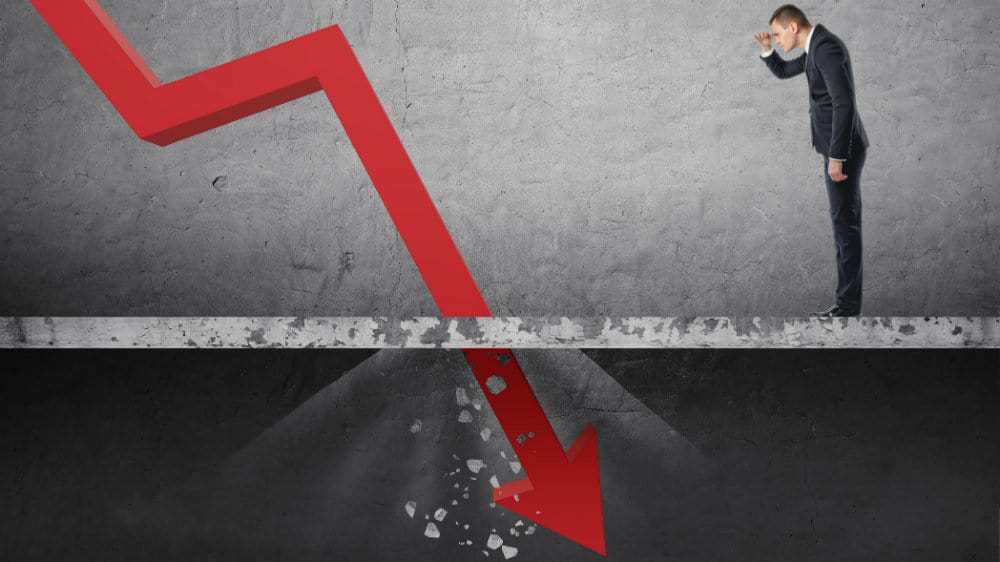The Evergrande share price has plummeted by 80% since the turn of the year. Following recent debt defaults, it’s fair to say that the Chinese property developer’s future remains uncertain. So how are investors reacting to the Evergrande crisis?
[top_pitch]
What is happening with Evergrande?
Evergrande is one of China’s largest property developers. Yet concerns for its future have grown considerably over the past few months due to its mountain of debt which currently stands at an eye-watering $300 billion (£222 billion).
Last week, Evergrande failed to make a $47.5 million (£35 million) repayment to bondholders and a week earlier, the company missed an $83.5 million (£61.5 million) interest payment on an overseas bond.
While the property giant has managed to make some repayments to investors in the form of property, should the developer go bust, there are fears that it will send shockwaves through global stock markets. It has been reported that Evergrande owes money to around 170 Chinese banks and more than 120 other financial firms.
To alleviate fears of its collapse, rumours have been circulating that the Chinese state will step in. That’s because many feel that China has a big incentive to ensure a collapse doesn’t harm other Chinese businesses.
Is Evergrande on the brink of selling a ‘majority stake’?
Evergrande shareholders will be very interested to hear that on Monday, the company asked for sales of its shares to be halted. It requested this due to “an announcement containing inside information about a major transaction”.
The Chinese media has since reported that the developer is set to sell a majority stake in its property management business to a rival.
[middle_pitch]
How are investors reacting?
Despite Evergrande shares plummeting in 2021, some risk-taking investors see the crisis as an opportunity to make money.
That’s because some investors may have confidence in the Chinese state helping to prevent a collapse. Others may feel that a rescue buy-out may be around the corner.
According to Peter Garnry, head of equity strategy at Saxo Markets, current investor behaviour points towards a ‘buying the dip’ strategy.
He explains: “To understand this argument [buying the dip strategy], there are two relevant factors. One is the long-term upwards trend that global equities have experienced in the last year. The second is the concept of ‘buying the dip’, which can be put into the bucket of technical trading concepts.
“It refers to the idea that once an equity falls sharply – the dip in a graph – there’s a tendency for it to quickly rebound and rise in value again, especially in times where the market generally is trending upwards.”
Garnry goes on to explain that the positive mood of the stock market may be a reason why some investors see the Evergrande crisis as a buying opportunity: “With the positive mood on the markets the past years, it seems as though many investors have bought into this strategy and helped the self-fulfilling prophecy of markets moving up after falling.
“This, in turn, has moved equities higher and higher and since dips have ended in financial gains there hasn’t been any good reason for investors to sell equities.”
Garnry does, however, advise that some investors may wish to sell in a crisis. Should this happen on a large scale, this may lead to large sell-offs.
He explains: “An event like the Evergrande crisis – even though it shouldn’t translate to a global issue – could be a trigger for investors to offload instead of buying the dip.”
Are you looking to invest?
To learn more about investing, including whether it is a good idea to ‘buy the dip’, see a list of our recent investing articles.
If you’re ready to invest, why not take a look at our top-rated share dealing accounts?







